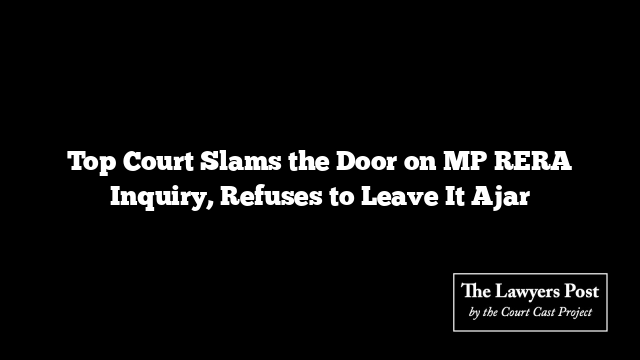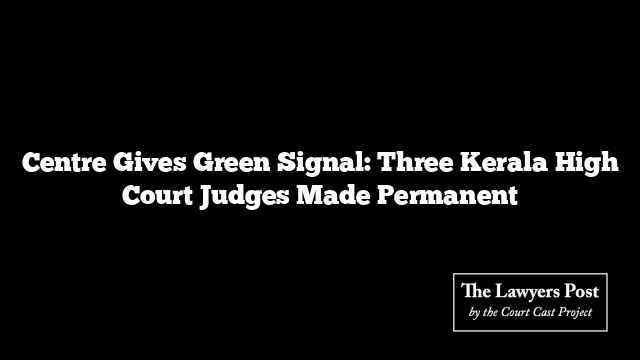The Supreme Court has drawn a firm line under the controversy surrounding the Madhya Pradesh Real Estate Regulatory Authority (RERA) chief, shutting down all proceedings tied to his possible removal.
What began as a complaint from a homebuyer against the regulator’s decision not to pursue a builder spiraled into a State-backed move to unseat the chairperson. The government, invoking the RERA Act, sent the matter to the High Court for an inquiry. But the process itself became the story.
The chairperson challenged it at the Supreme Court, pointing out that the State had skipped mandatory steps — no preliminary scrutiny, no chance for him to respond, and no formal charges. The petitions argued that such shortcuts didn’t just target one individual but risked undermining the independence of regulatory authorities altogether.
In March, the Supreme Court had already hit pause, hinting that the procedure looked shaky. By September, the Madhya Pradesh High Court itself admitted as much. Its Chief Justice-led committee scrapped the inquiry entirely, calling it procedurally flawed and recalling the show cause notice.
With that, the apex court saw no reason to keep the petitions alive. “The High Court has decided to drop the inquiry… we need not now adjudicate,” Justices JB Pardiwala and Sandeep Mehta recorded, making it clear the chapter was closed.
Importantly, the Bench also declined to give the High Court freedom to revive the process later, ensuring the RERA chairperson remains in office without the shadow of fresh proceedings.
What started as a dispute over one order has now ended as a precedent-setting reminder: shortcuts in statutory processes won’t pass judicial muster, and attempts to meddle with independent regulators won’t go unchecked.





